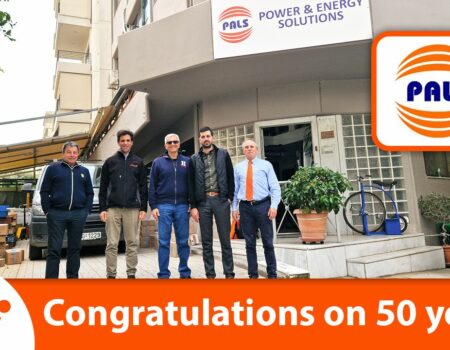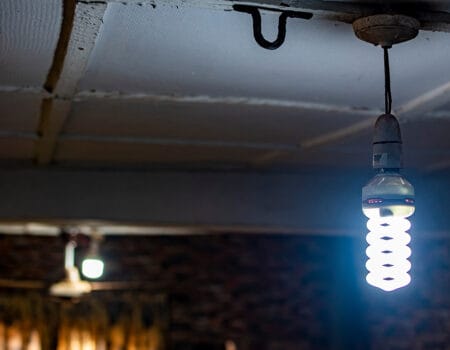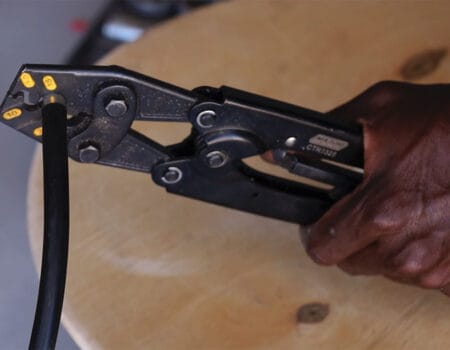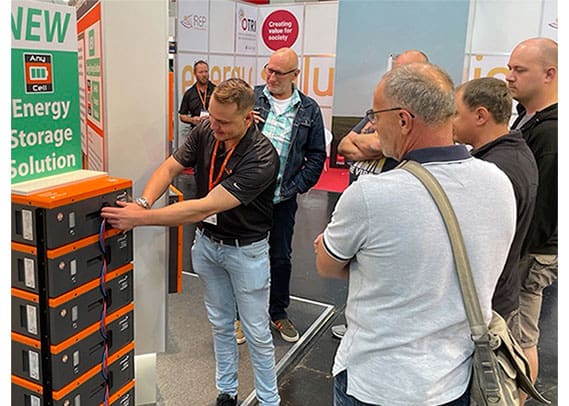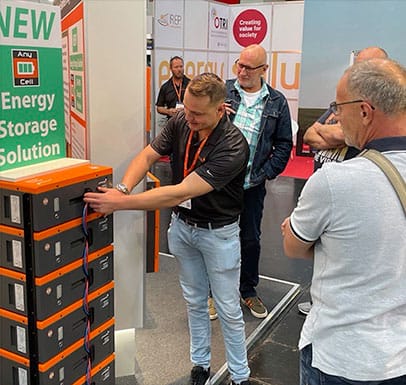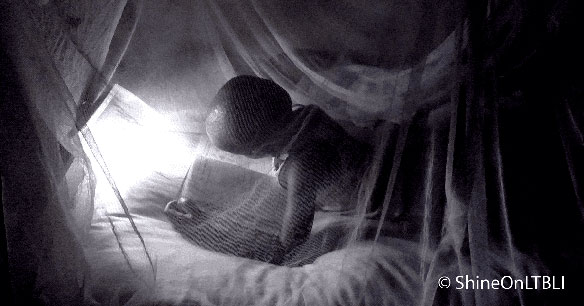
Pillars: Education, Exceptional Leaders, Quality Products and Innovative Programs
Sarah M. Baird, founder and executive director of Let There Be Light International, has experienced how access to electricity changes lives every day. Ms. Baird is a powerful example of a leader who advocates for safe and clean energy options to be included in social safety net programming to make a transformative impact. Her non-profit organization creates and executes renewable energy solutions to help with health, safety, and women’s empowerment issues, to name a few. The goal is to encourage and educate leaders, local stakeholders, and the community about the energy access perspective. Their programs are in line to further multiple goals included in the 17 United Nations Sustainable Development Goals (SDGs) to reduce global poverty and encourage sustainable development.
Grass Roots Leads to Transformative Impact
Her experience is enlightening on the topic of sustainable energy access for vulnerable communities, specifically in Uganda, Kenya, and Malawi. She estimates 70% of the people their organization supports have never heard of solar power. Meaning, while progress is happening to improve conditions, there is a lot of work to be done. It takes time to create programs, select key leaders and local organizations, and showcase these new, renewable energy ideas to see change for a better future. With this approach and support, the people living without access to electricity come to understand that solar is a safe technology they can trust. This strategy has allowed this NGO to make a transformative impact in these vulnerable off-grid communities, as well as fight climate change.
Innovative Programs Build Trust
Renewable energy technology solutions are sound and proven, but lack of awareness or misinformation contributes to barriers to adoption that need to be understood by all organizations making an effort to help. Finding creative ways to earn trust and educate these remote communities about existing hazards is vital. Creating a safer, less expensive alternative with options like solar lighting becomes the primary focus since rural households in Africa typically rely on kerosene lanterns, but fuel for the lanterns is expensive, the fumes might have adverse health effects, and the lighting quality is low. Beyond clean air for people living in rustic dwellings, protecting a highly flammable building – often with a thatched roof – also becomes a solid benefit to removing unsafe lighting alternatives. Eliminating fear for families and children possibly getting burned or breathing harmful fumes, along with protecting one’s home is always at the center of this conversation.
The good news is that in Ms. Baird’s experience, there are few cultural barriers to adopt solar lighting in homes in the countries her organization serves.
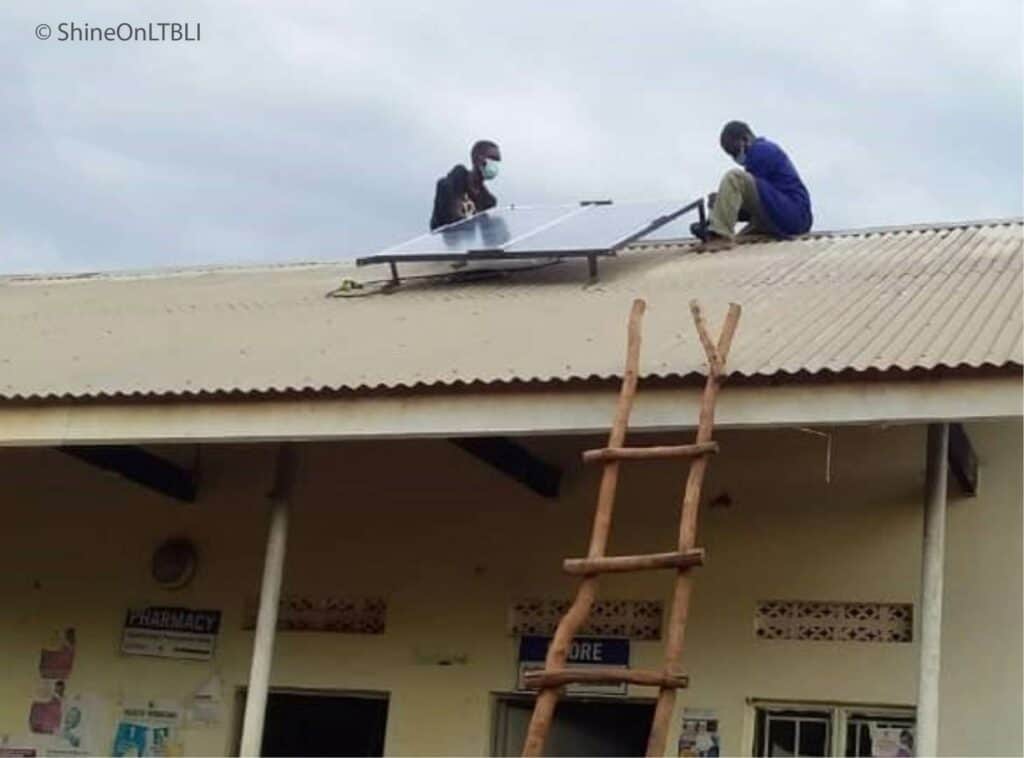
All Hands On Deck
In relation to energy access, Ms. Baird notes “Historically market-based companies and NGO’s have operated in two separate spheres. With energy access programming, there is an opportunity to raise awareness about the potential for energy access to transform lives.” She adds “This isn’t a market-based or charitable endeavor, it’s an all hands-on-deck mentality. Working together to address energy poverty but also to address climate issues.” Her experience and insights offer one example of a successful path for change.
Renewable Energy Addresses Climate Change
The advantageous by-product of creating sustainable living practices is improved air quality. Global Citizen states climate change looms over all countries, promising severe droughts, supercharged storms, and blistering heat waves. But these consequences are unevenly felt around the world. Vulnerable populations are being impacted even when they are not the primary source of the problem. Often the countries with vulnerable populations are the poorest and don’t have the resources to deal with these intense global warming problems. As climate change impacts worsen, inequalities are further divided.
The idea of ‘think locally, act globally’ still applies. Every person who was using a dangerous polluting energy source, who can switch to a renewable energy source will make a positive change toward improving global warming conditions. Of course, this applies to living with clean energy as well as other sustainable practices.
Making Quality Products a Priority
It is critical that manufacturers are being responsible to build energy production equipment, DC appliances, and off-grid products that make efficiency and quality a priority, especially for remote applications.
When talking about the importance of efficiency, Ms. Baird says “Appliances that run on renewable energy are the future.” Not only is total cost of ownership reduced, but there is less waste with energy used to run the appliance, less waste with materials if the product stands the test of time, and less shipping logistics for replacements. By thinking of the entire lifecycle of a product, from the box it is housed in to the gas used by the truck that delivers the product, there are benefits that go beyond a satisfied customer. With 20+ years of experience in off-grid product manufacturing, Phocos couldn’t agree more.
Many organizations, manufacturers, and financing entities have identified and targeted remote communities where people live under or below extreme poverty conditions. When it all comes together to provide energy access to these vulnerable, rural communities, real transformation happens, and Ms. Baird shares her experience noting “the human impact is beautiful.”
View more real-world insights and rural community support from Ms. Baird in future energy access blog posts from Phocos.
Click here to see Article 1 in this series: Energy Access: Four Pillars That Impact Change
